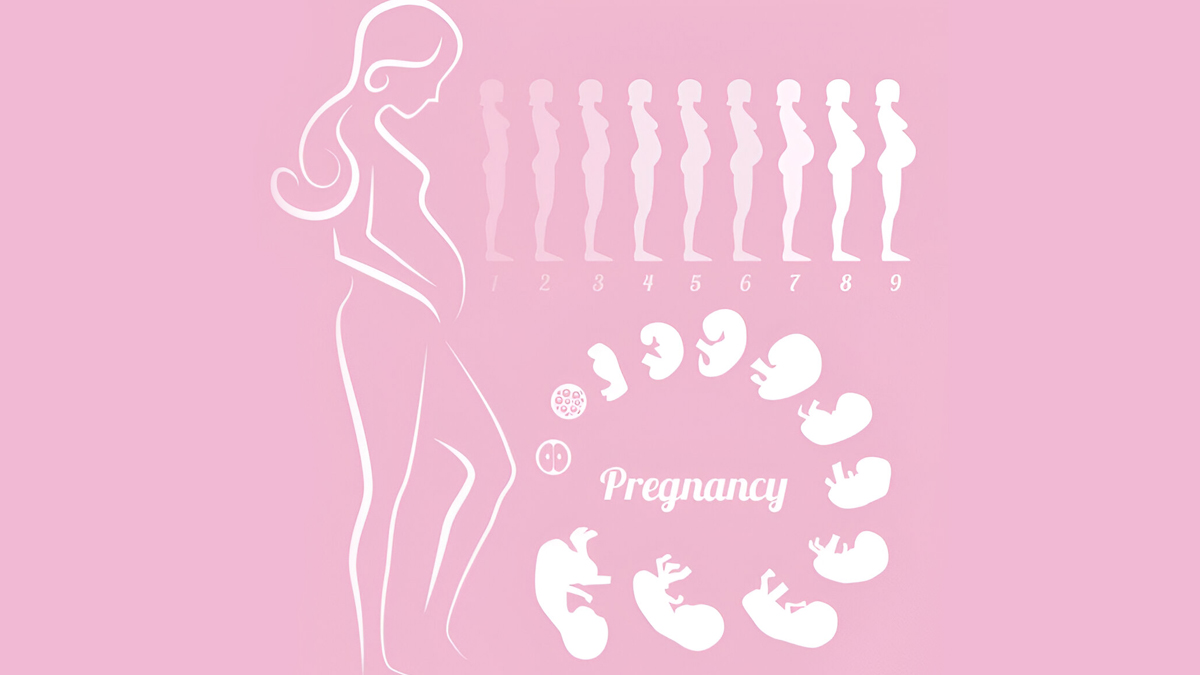
The early days of pregnancy are often a beautiful mix of emotions: hope, happiness, nervousness, and a quiet sense of wonder. The first positive test brings joy and a natural concern about what’s coming next. In many Indian families, the good news stays private until the first trimester is over, because it is a delicate phase for the baby and the mother. For expecting mothers, it’s a time of profound physical and emotional transformation. During this period, gentle care and emotional support can mean the world to a mother taking those initial steps into motherhood.
Table of Content:-
We spoke to Dr Sonu Taxak, Director and Senior IVF Consultant, Yellow Fertility, Gurugram, who shared a first trimester care guide for IVF mothers.
According to Johns Hopkins Medicine, the first trimester is vital for the proper development of the fetus. While you might not have a visible baby bump yet, internally, all the essential organs and systems of the foetus are beginning to take shape.
The First Trimester: Where It All Begins

The first trimester spans from week 1 to 12 of pregnancy. It is the phase where the mother’s body begins to adapt to support the growth of a new life. This phase includes fertilisation, implantation of the embryo and the formation of the baby’s brain, heart, and limbs. In this trimester, hormonal changes may cause nausea, fatigue, sore breasts, and mood swings.
Also Read: What To Expect During A Routine Prenatal Ultrasound: Signs To Take More Care
First Trimester Essentials
Your First Medical Visit
Once your pregnancy test comes positive, schedule your first prenatal appointment. Your doctor may confirm the pregnancy via ultrasound, calculate your due date, and begin baseline health assessments. “You will likely be asked to undergo blood and urine tests as well as screenings for thyroid function, Rh factor, blood sugar, and possible infections. Most doctors also recommend starting folic acid supplements immediately to prevent your baby’s neural tube defects,” listed Dr Taxak.
Choose the Right Nutrition
Consume a diet rich in folic acid, iron, calcium, DHA, and good-quality protein. Eating small meals frequently with adequate hydration can help manage nausea and keep your energy levels steady. Avoid high-risk foods, such as unpasteurised dairy, undercooked meat and eggs, high-mercury seafood, and excessive caffeine (limit intake to under 200mg per day).
Your Daily Habits Support a Healthy Pregnancy
Pregnancy can be overwhelming, and your daily habits matter. If your doctor approves, gentle movement like walking or prenatal yoga can ease pregnancy discomfort and improve circulation. However, refrain from heavy lifting. Prioritise rest and get adequate sleep.
To manage stress and emotions, expecting mothers can try journaling, meditation, or breathing exercises. Be cautious with harsh cleaning chemicals and unregulated salon treatments, such as keratin or hair dye. Also, avoid smoking, alcohol, and any form of recreational drugs.
Also Read: Foods To Eat And Avoid During Each Trimester Of Pregnancy
When Should You Consult A Doctor

While discomfort is normal, certain symptoms should never be ignored. Contact your doctor right away if you experience vaginal bleeding, severe cramps, persistent dizziness, high fever, or excessive vomiting. Keep emergency numbers and your hospital contact information easily accessible.
Message From The Expert
“Pregnancy is an emotionally challenging journey. If you feel anxious about the future, it is important to communicate openly with your partner, close friends or family. Seeking support from a mental health professional can help deal with persistent anxiety. You can also consider joining a support group, online pregnancy forums, or prenatal classes to feel informed and prepared,” shared Dr Taxak.
Bottomline
Dr Taxak concluded, "The first trimester is filled with changes, but it is also the beginning of something beautiful. Be gentle with yourself, take it one day at a time. With the right support, you're already giving your baby and yourself the strongest start possible."
[Disclaimer: This article contains information provided by an expert and is for informational purposes only. Hence, we advise you to consult your professional if you are dealing with any health issue to avoid complications.]
Also watch this video
How we keep this article up to date:
We work with experts and keep a close eye on the latest in health and wellness. Whenever there is a new research or helpful information, we update our articles with accurate and useful advice.
Current Version